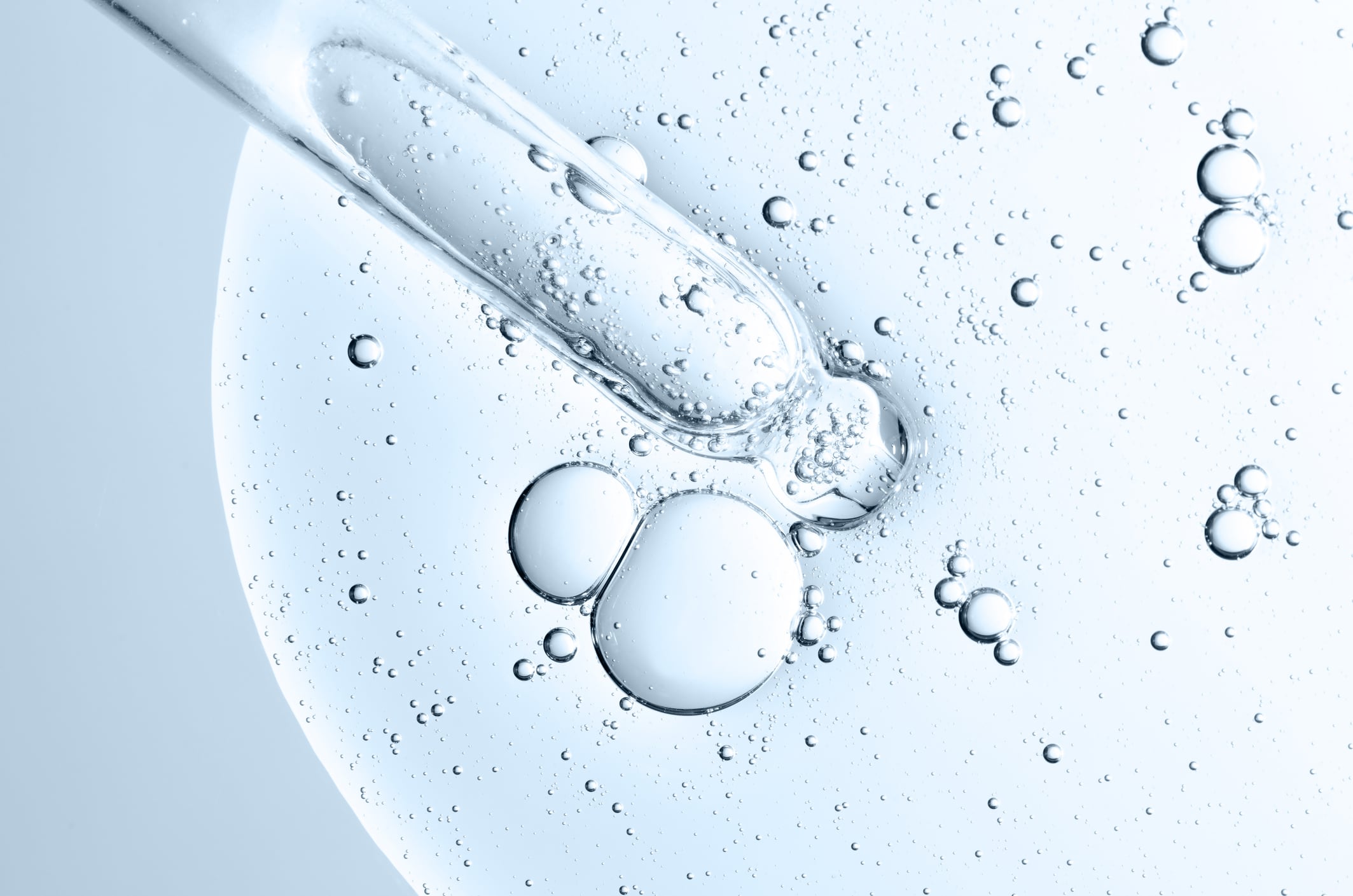The National Advertising Division (NAD) of the BBB National Programs has determined that Amyris Clean Beauty Inc. brand Biossance has a reasonable basis for some of the company’s claims regarding hero ingredient squalane but has recommended that other of the brand’s claims be modified or discontinued in a case decision published early this month. The case was opened through the NAD’s routine monitoring program.
About NAD’s routine monitoring program
“As part of its public interest mission to ensure consumers receive truthful and accurate advertising messages, NAD initiates approximately 20-25% of its cases each year based on its own monitoring of advertising in a wide variety of product categories,” according to the organization’s website.
The NAD’s goal in monitoring cases “is to expand the universe of advertising claims that are reviewed for truth and transparency and provide guidance for future advertising,” the organization stated.
When determining if a monitoring case should be initiated, the NAD examines if the advertising at issue meets at least one aspect of a specific set of criteria.
This criterion includes whether or not the advertising “targets a vulnerable population (elderly, children, special needs, etc.); capitalizes on consumer fears or misunderstanding; fills a gap in regulatory efforts of the FTC and state AGs; addresses novel or emerging issue of interest for the advertising industry; concerns claims that consumers cannot evaluate for themselves; or achieves diversity among industries that historically participate in self-regulation,” according to the NAD.
NAD determinations on clean ingredient & efficacy claims
Regarding the brand’s advertising claim “Clean ingredients and clean formulas – we ban over 2000 ingredients that are known to be toxic to you and the environment” from the Biossance Sustainability webpage, the NAD determined that “while Amyris provided many sources for its banned ingredients as support for the challenged claim…it is not clear whether the over 2,000 ingredients Amyris does not use in its products are associated with cosmetic products,” stated the case decision.
As a result, NAD “recommended modifying the claim specifying banned ingredients typically used in cosmetic products,” the decision confirmed.
In support of the brand’s claim “Did you know our squalane is sugar-cane derived and it’s a hero ingredient in *every* Biossance formula? This miracle multitasker locks in weightless moisture, calms and protects, and improves elasticity,’ Amyris provided the NAD with evidence that the company “relied on three studies that assessed the impact of squalane, in the form and range of the amount found in the Biossance products, on these objectively measurable attributes,” the case decision said.
Following a review of the evidence, the NAD determined that the efficacy advertising claim was supported by a reasonable basis and did not recommend that it be modified or discontinued.
NAD determinations on sustainability claims
“Under the Biossance brand, the synthetic biotechnology company Amyris creates and markets cosmetic products that feature sugarcane-derived squalane,” which “has historically been derived from shark livers,” the NAD case decision noted.
Regarding the brand’s advertising claim that it is “keeping 2 million sharks every year safe from liver harvesting,” Amyris “calculated the number of sharks saved based on 2012 data regarding an estimated number of sharks killed and an estimate as to the global demand for shark liver oil,” reported the case decision.
In response to this evidence, NAD “determined that absent more certainty as to the number of sharks killed and the amount of shark liver oil used by the cosmetics industry, there is no reliable figure as to the amount of sharks saved,” and therefore recommended that the advertising claim either be discontinued entirely or “modified to avoid referring to a numerical figure,” stated the decision.
Regarding this sustainability claim, the NAD noted that “nothing in its decision prevents Amyris from making a more general claim that sharks are not harvested for squalane found in Biossance products.”
As to the brand’s advertising claim, “Our 100% sugarcane derived squalane is ethically and sustainably sourced,” Amyris provided evidence that the claim is “based on a 2022 certification, which required adherence to various criteria and indicators relating to sustainable farming and milling,” shared the decision. As a result, the NAD determined that there was a reasonable basis for the claim and did not recommend it be discontinued or modified.
Finally, NAD examined the advertising claim that “All of our ingredients are also ethically and sustainably sourced,” and determined that “while Amyris’ Supplier Code of Conduct might demonstrate its commitment to ensuring that ingredients are ethically and sustainably sourced, it does not demonstrate that all ingredients are, in fact, ethically and sustainably sourced,” the case decision said.
As a result, the decision recommended that the claim “be discontinued or modified to better fit the evidence in the record.”
In response to NAD’s case decision, Biossance issued an advertiser statement confirming that the brand “will comply with NAD’s recommendations, although it disagrees with certain aspects of the decision.”





